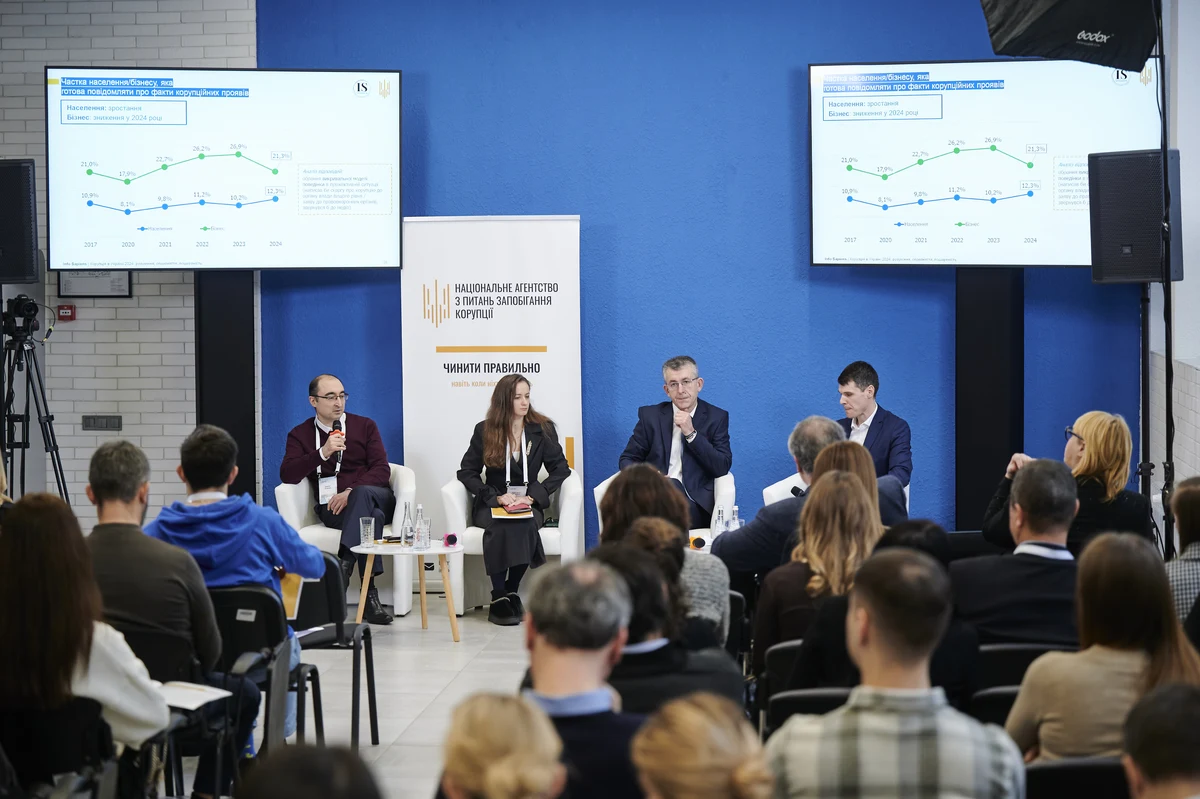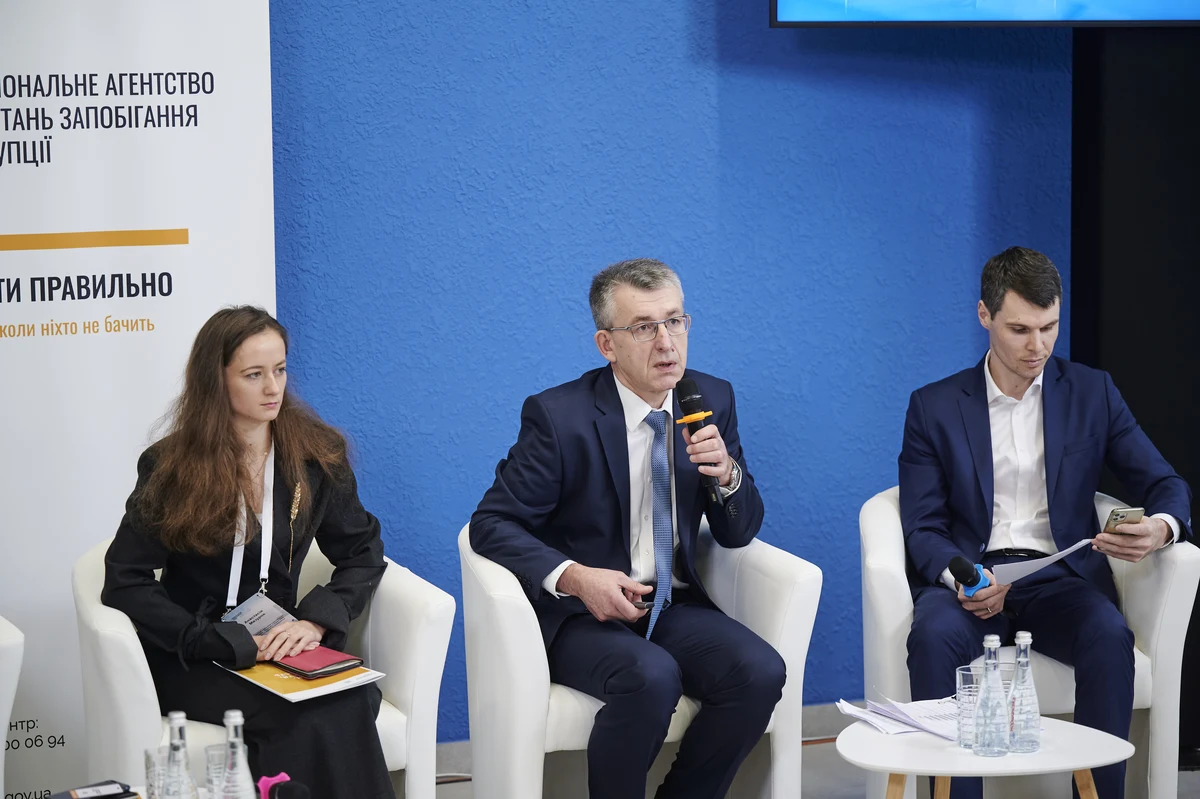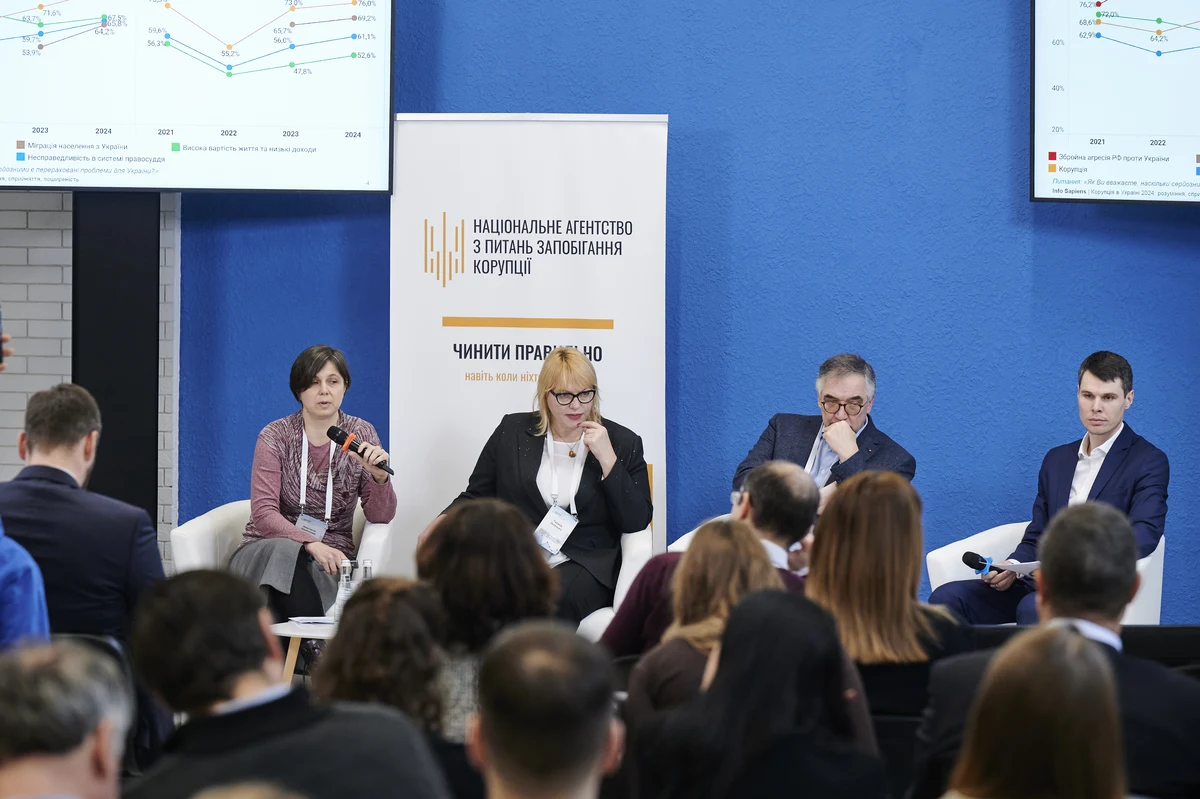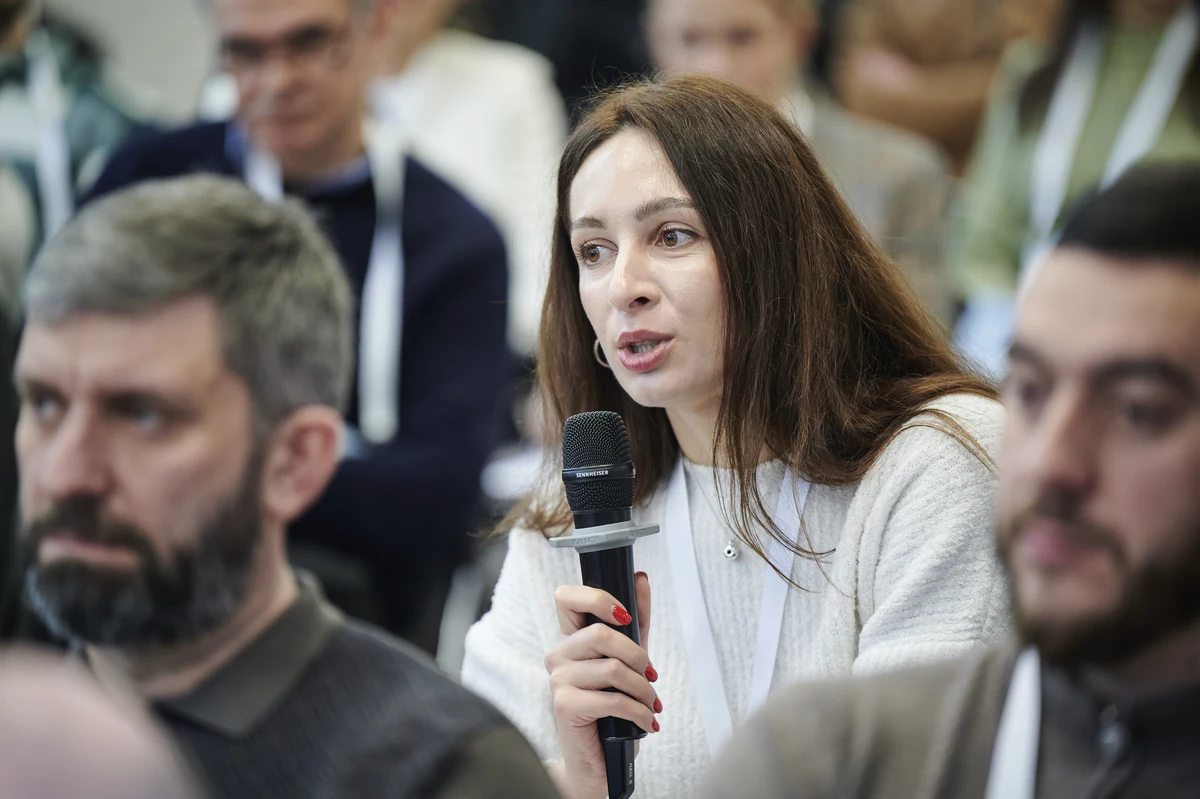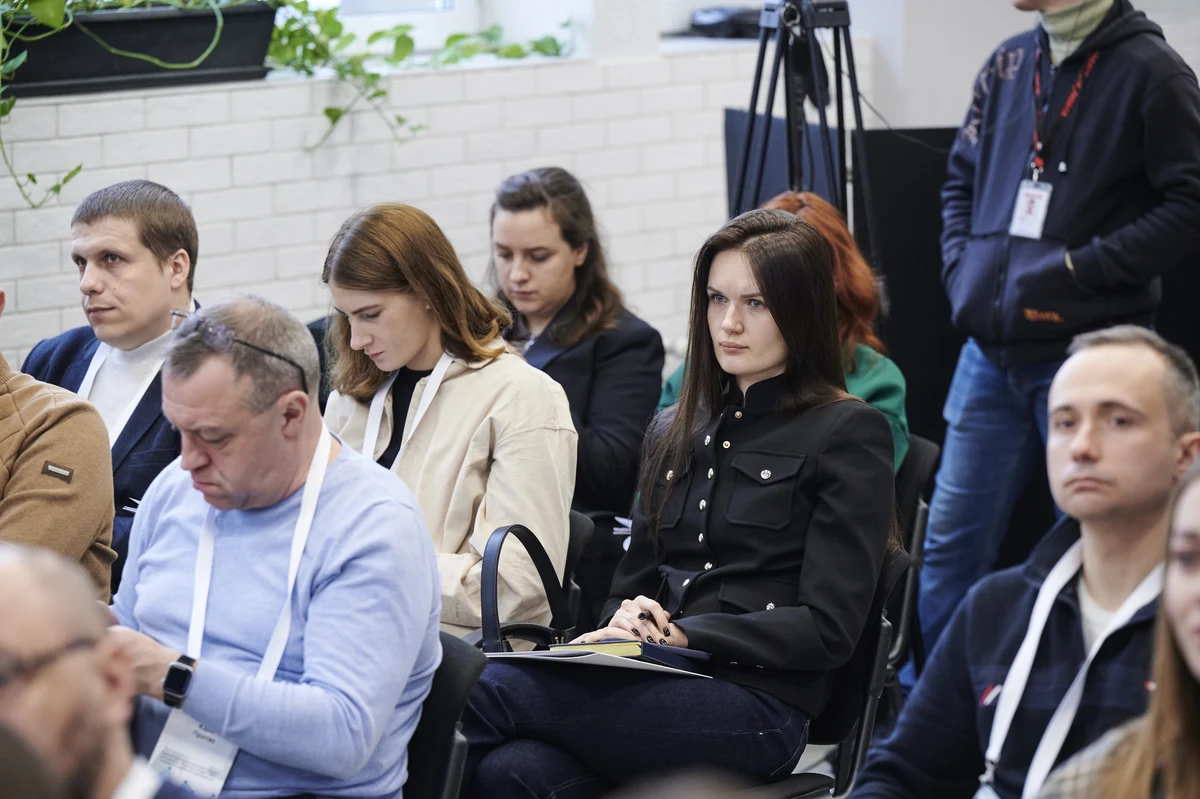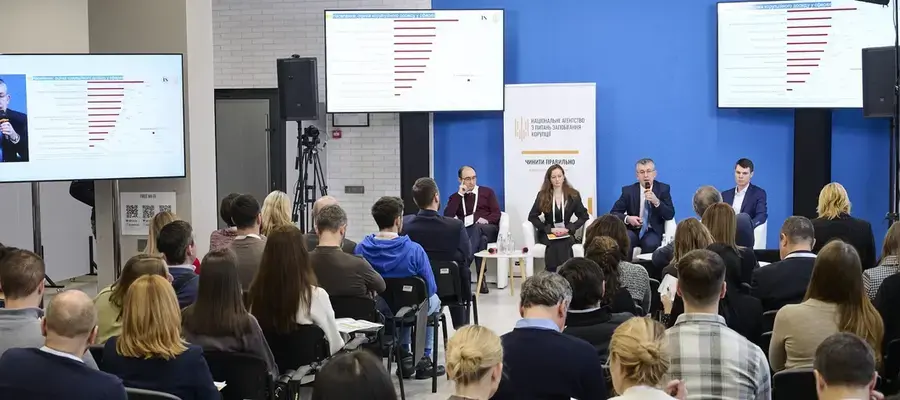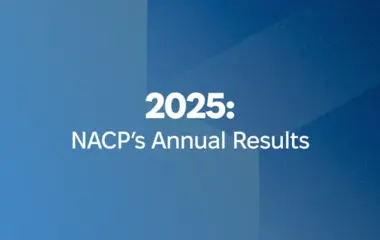Corruption continues to be the second biggest problem in Ukraine after Russia's armed aggression. As of 2024, 79.4% of citizens and 76% of business representatives are convinced of this. At the same time, despite the fact that 9 out of 10 Ukrainians consider corruption to be a widespread problem, the share of those who actually encountered corruption over the past year was 18.7% of citizens and 23.2% of business representatives.
This is evidenced by the results of the nationwide sociological survey “Corruption in Ukraine 2024: Understanding, Perception, Prevalence” conducted by Info Sapiens sociological company on behalf of the National Agency on Corruption Prevention (NACP).
"A number of factors influence public attitudes toward corruption, including the exhaustion of Ukrainians by the war, the traditionally high level of distrust in the state, and the constant coverage of corruption in the media. And while communication in the media is mostly substantive, the discourse on social media combines mostly emotional evaluative considerations and misinformation about corruption,” said NACP Head Viktor Pavlushchyk during the public presentation of the study.
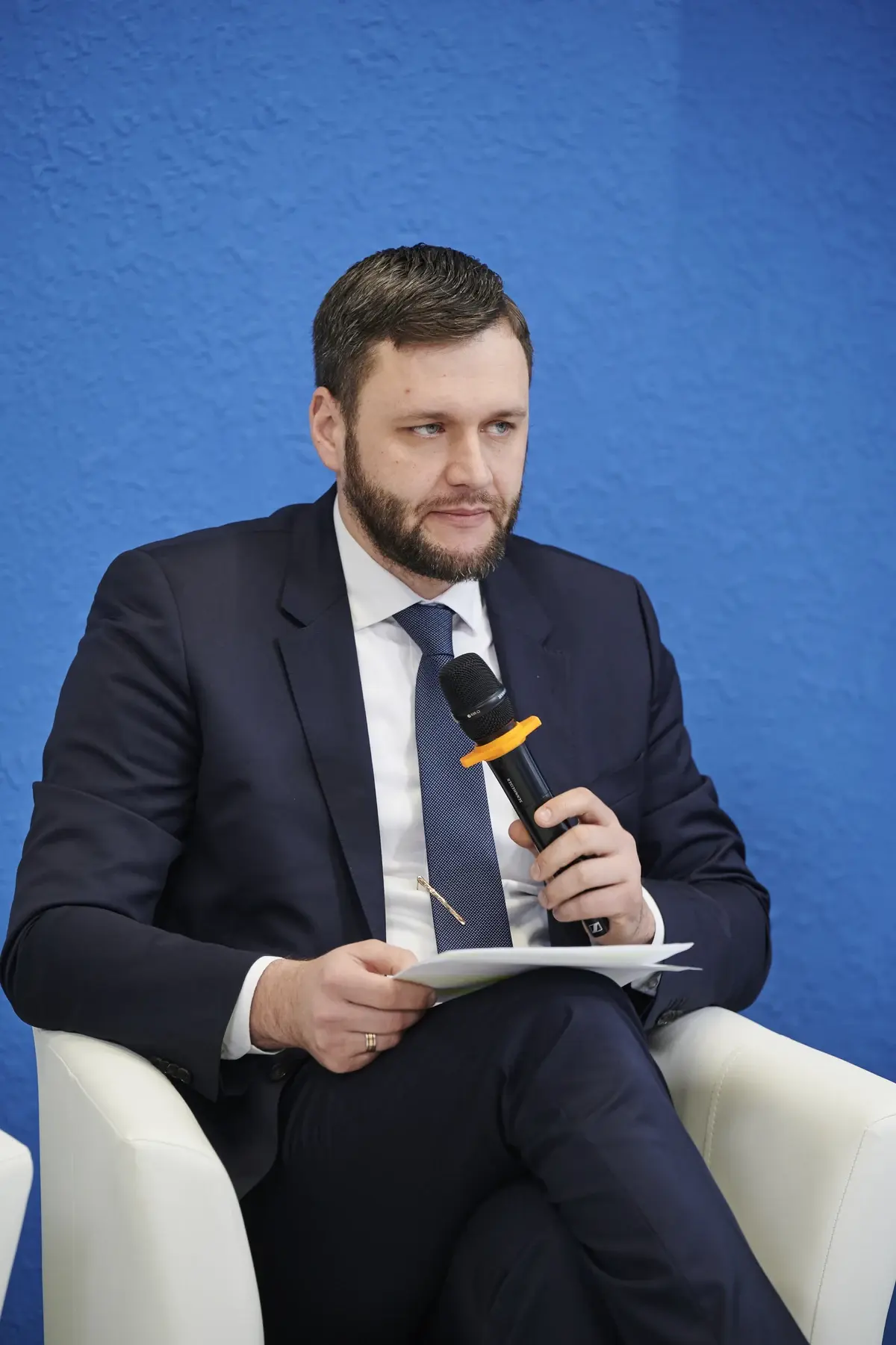
At the same time, according to the head of the National Agency, the high perception of corruption is not unique to Ukraine. Thus, according to the European Commission, on average, 7 out of 10 Europeans consider corruption to be widespread in their countries, and this number has been growing recently. And in countries such as Malta, Cyprus, Portugal, Croatia and Greece, the percentage of people who consider their country to be corrupt is even higher than in Ukraine.
"Along with the new corruption challenges brought by the war, the full-scale invasion also contributed to important changes in the attitudes of citizens towards corruption. Today, we have the largest percentage of Ukrainians in history - 58%, compared to 43% in 2017 - who have a negative attitude towards corruption and choose to whistleblow. The share of those who have reported corruption to the competent authorities is also at a record high: 17.2% of business representatives and 9.7% of the population. This is an extremely important development, as in 2020 the share of those who reported corruption among the population was only 3.3%. These data show that Ukrainians do not tolerate corruption not only in words but also in practice,” said Victor Pavlushchyk.
According to the assessment of corruption experience of the population, those who receive services in the field of construction and land relations, medicine and law enforcement are most likely to encounter corruption.
From the business point of view, the most corrupt areas include customs, electricity, gas and water supply, law enforcement agencies, and construction and land relations.
According to Viktor Pavlushchyk, the survey data will be used to develop the next Anti-Corruption Strategy for 2026-2030.
The survey results are available at the link.
